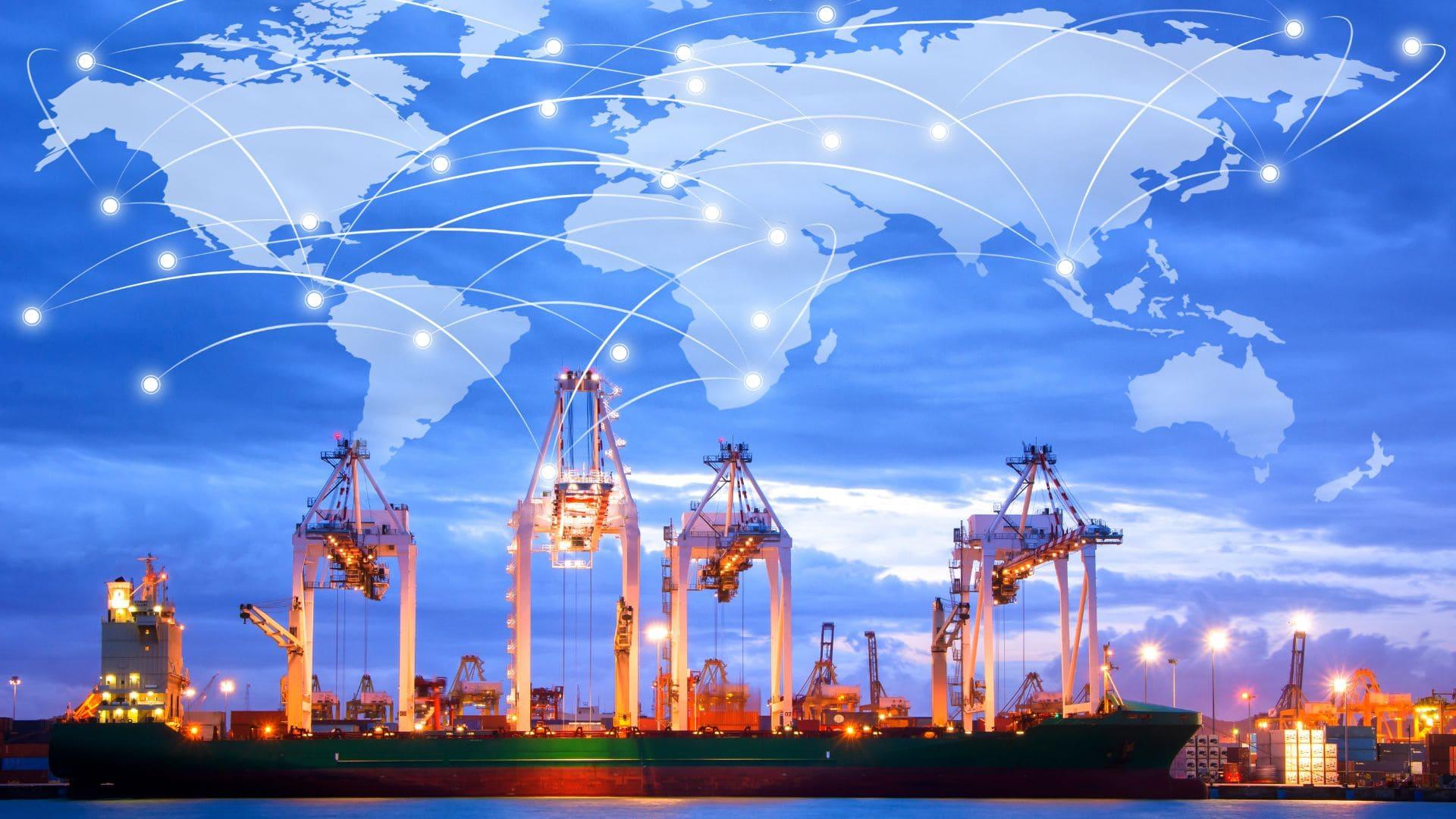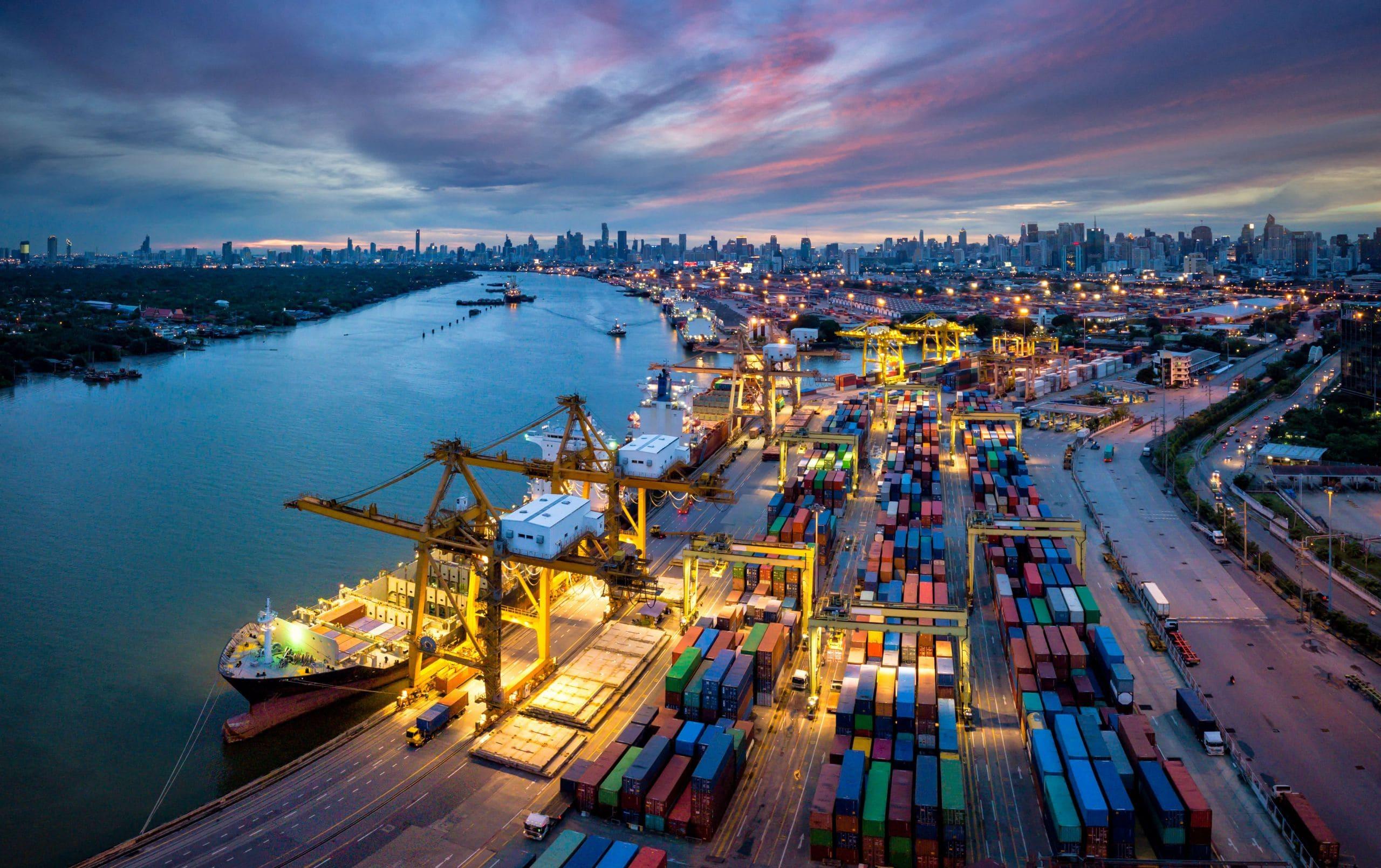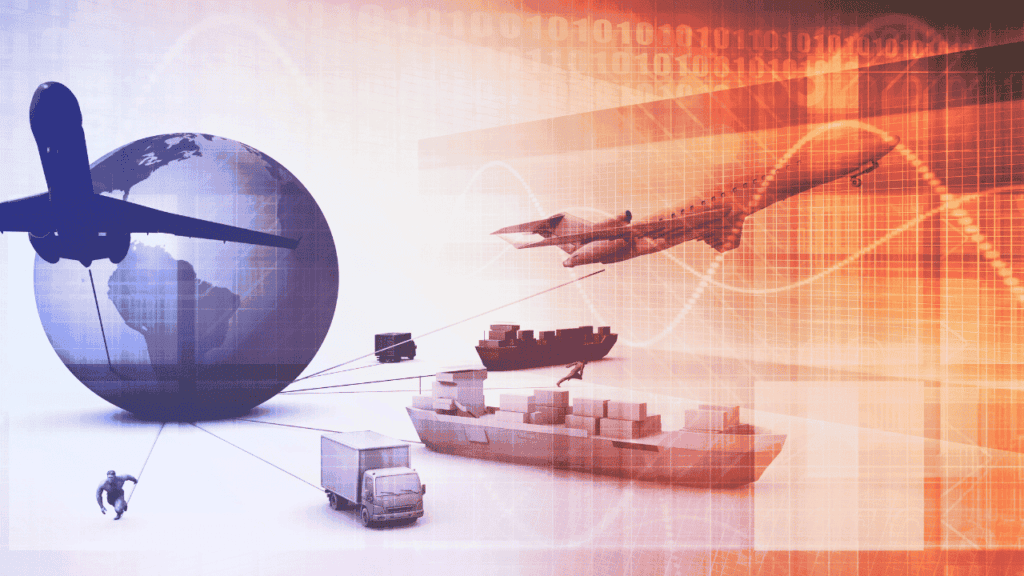InfiniteVisionGroup: Elevating Your Logistics Through Strategic Consulting
The Complexities of Modern Logistics: A Growing Challenge
In today's interconnected global economy, logistics has evolved into a critical, yet increasingly intricate, component of business success. Companies face immense pressure to deliver goods faster, more affordably, and with unwavering reliability. This relentless demand, coupled with expanding supply chains and heightened customer expectations, creates a dynamic environment where efficiency is paramount but often elusive. Navigating international regulations, diverse geographical challenges, and fluctuating market conditions adds layers of complexity that can overwhelm even seasoned operations teams.
The symptoms of an inefficient logistics operation are often stark and immediately impactful. Businesses frequently grapple with escalating operational costs, stemming from suboptimal routing, excessive inventory holding, or costly expedited shipments. Delayed deliveries become a common occurrence, eroding customer trust and damaging brand reputation. Furthermore, a lack of accurate inventory visibility can lead to stockouts or overstocking, both of which directly impair profitability and operational fluidity. These issues are not merely minor inconveniences; they are significant barriers to growth and market competitiveness.
Adapting to the rapid pace of change in the logistics landscape presents another formidable hurdle. Technological advancements, such as AI-driven route optimization and autonomous warehousing, emerge constantly, requiring significant investment and expertise to implement effectively. Simultaneously, regulatory frameworks evolve, demanding compliance and often necessitating adjustments to existing processes. Many organizations find themselves struggling to keep pace with these shifts, resulting in a stagnant or even declining operational performance that leaves them vulnerable to more agile competitors.
Internal roadblocks often exacerbate these external pressures. Outdated legacy systems, which fail to integrate seamlessly, create data silos and hinder real-time decision-making. A shortage of skilled personnel capable of managing complex logistics operations, coupled with resistance to change within the organization, can prevent the adoption of innovative solutions. These internal factors frequently act as significant impediments, preventing companies from effectively diagnosing and resolving their most pressing logistical challenges, thus perpetuating a cycle of inefficiency and missed opportunities.
Root Causes of Logistical Inefficiency
- Lack of Integrated Technology Solutions: Many organizations still rely on disparate, legacy systems that do not communicate effectively. This fragmentation leads to data silos, manual data entry, and a high propensity for human error, significantly slowing down operations and obscuring crucial insights.
- Inefficient Network Design: Suboptimal placement of warehouses, distribution centers, and poorly planned transportation routes are common culprits. These structural flaws inflate transportation costs, extend lead times, and reduce overall service levels, directly impacting the bottom line.
- Insufficient Data Analytics and Forecasting: Without robust tools and expertise to analyze vast amounts of logistics data, companies struggle to identify bottlenecks, accurately forecast demand, or predict potential disruptions. This lack of insight leads to reactive rather than proactive decision-making.
Strategic Solutions for Logistics Transformation
Comprehensive Supply Chain Audit & Optimization
Our initial step involves a thorough, data-driven audit of your entire supply chain. We meticulously analyze existing processes, technology infrastructure, and human resources to pinpoint specific inefficiencies and areas ripe for improvement. This deep dive includes mapping current workflows, assessing vendor performance, and gathering comprehensive operational data to establish a clear baseline and identify key pain points that are hindering your logistics performance and profitability.
Following the audit, InfiniteVisionGroup develops a bespoke optimization strategy tailored to your unique business needs. This strategy focuses on implementing industry best practices to achieve significant efficiency gains, reduce operational costs, and elevate service levels. We provide a clear, actionable roadmap for implementation, complete with measurable performance metrics, ensuring a smooth transition and tangible results that enhance your competitive edge in the market.
Technology Integration & Digital Transformation
We address the challenge of fragmented systems by designing and overseeing the integration of modern, robust logistics technologies. This includes implementing advanced Warehouse Management Systems (WMS) and Transportation Management Systems (TMS), leveraging AI and machine learning for predictive analytics, and introducing IoT solutions for real-time asset tracking. Our goal is to create a cohesive digital ecosystem that enhances operational fluidity and data accuracy.
This digital transformation empowers your organization with real-time visibility across the entire supply chain, enabling data-driven decision-making and proactive problem-solving. By streamlining operations through automation and digital tools, we help reduce manual effort, minimize errors, and accelerate response times. We also provide comprehensive training and change management support to ensure successful adoption and maximize the return on your technology investments.
Strategic Network Design & Resiliency Planning
InfiniteVisionGroup specializes in re-evaluating and optimizing your existing logistics network to ensure maximum efficiency and responsiveness. This involves identifying ideal locations for distribution centers and hubs, optimizing transportation routes, and streamlining inventory placement to reduce transit times and operational expenditures. Our approach considers current market dynamics and future growth projections to build a truly optimized network structure.
Beyond optimization, we focus on developing robust contingency plans and building a resilient supply chain capable of withstanding unforeseen disruptions, such as natural disasters, geopolitical events, or sudden market shifts. By implementing diversified sourcing strategies and flexible operational models, we help future-proof your logistics, ensuring business continuity and sustained competitive advantage even in turbulent environments.
Potential Risks and Mitigation Strategies
- Resistance to Change: Employees may be hesitant to adopt new processes or technologies, potentially slowing down implementation. Recommendation: Implement robust change management programs, including clear communication of benefits, comprehensive training, and involving key stakeholders early in the planning process.
- Data Security Concerns: Integrating new systems and sharing sensitive data can expose organizations to cybersecurity vulnerabilities. Recommendation: Prioritize cybersecurity by conducting thorough risk assessments, implementing strong encryption protocols, and ensuring compliance with all relevant data protection regulations.
- Underestimation of Implementation Costs/Time: Complex logistics transformations can sometimes exceed initial budget and timeline estimates. Recommendation: Conduct thorough feasibility studies, build in contingency buffers for both financial resources and project timelines, and maintain flexible project management approaches to adapt to unforeseen challenges.





Leave Comment